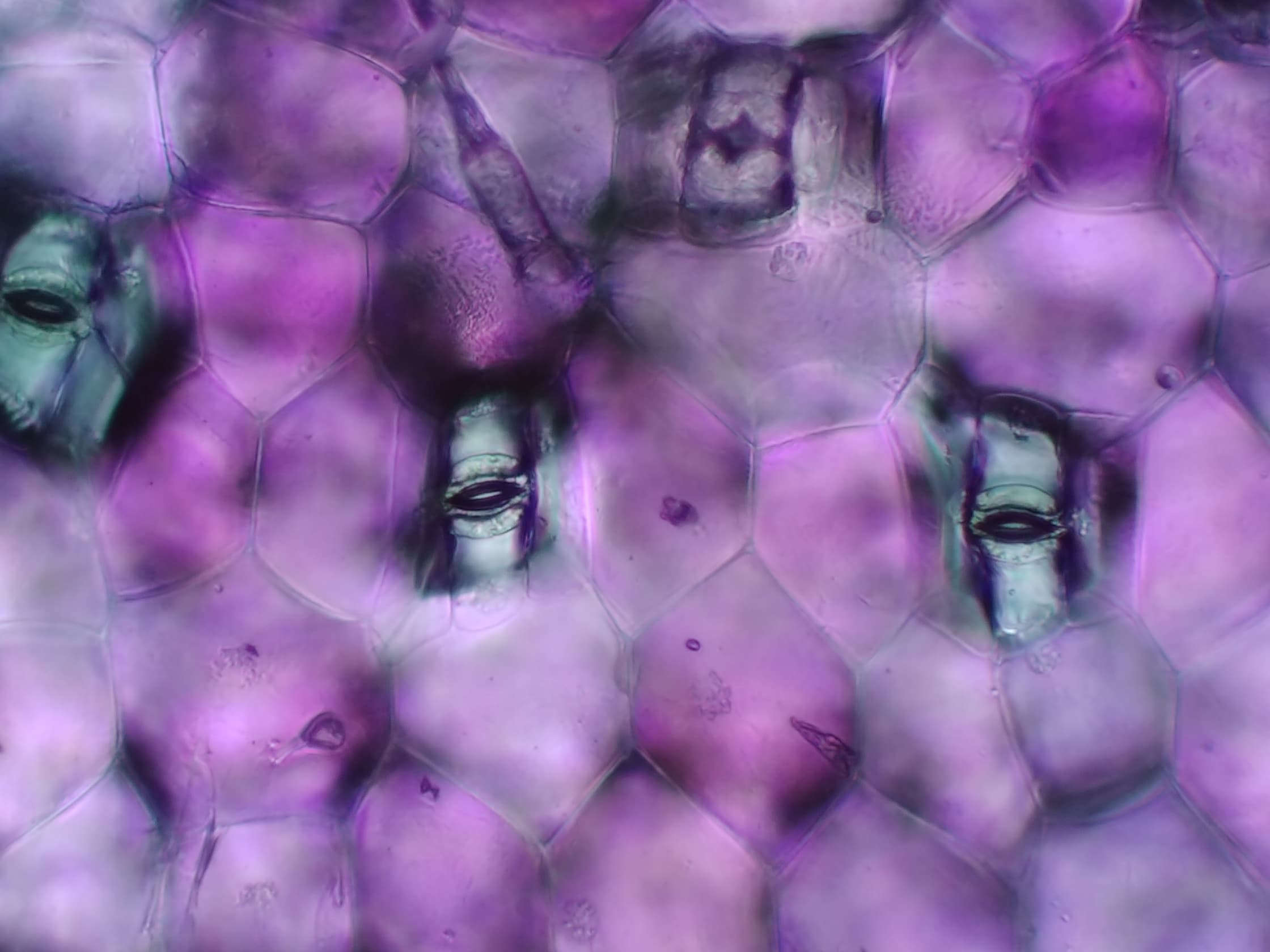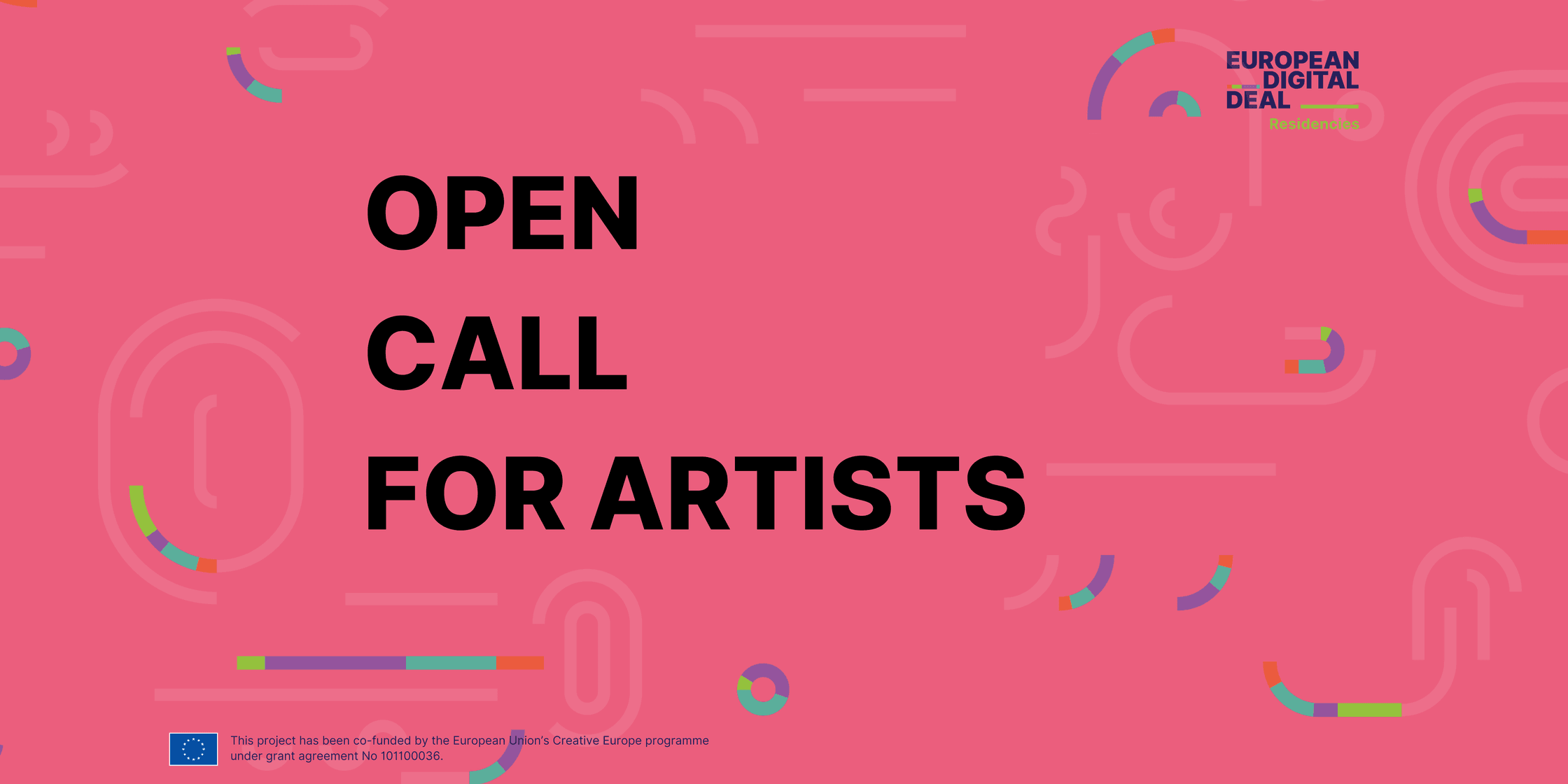Following an open call that received close to 800 applications the project European Digital Deal kicked off twelve artist residencies in eleven countries in Europe this month. European Digital Deal is a three-year (January 2023 to December 2025) investigation into how the accelerated, but at times unconsidered, adoption of new technologies affects democratic processes. One of the core pillars of European Digital Deal are the 12 artist residencies that recently started and will explore these topics.
For its 9-month residency in the context of European Digital Deal, Waag Futurelab selected Penelope Cain’s project Radical Care And the Greenhouse and Špela Petrič’s project The Archive of In-Operables. Their projects will explore imaginations of AI robots in greenhouse farming. Could AI robots also be used in improving working conditions? The artists will receive a 25.000 euro grant and mentoring from a group of experts made up of Erik Pekkeriet, Mark Westmoreland and others.
Artist-in-Residence Penelope Cain

Penelope Cain, in her project Radical Care and the Greenhouse, investigates what care-based relationship AI robots can have with the living things in the greenhouse: from plants to humans and from insects to microbes. Can AI robots develop sensitivity and listen to, care for and connect different life forms in the greenhouse? Penelope Cain’s Radical Care and The Greenhouse deeply aligns with Waag’s values, focusing on the integration of care, technology, and environmental stewardship.
"I’m interested in the current social issues and the post-human ethics within these high production greenhouse, and of how art can play a role in speculatively future-casting; of how we could possibly seek to co-exist safely /well with robots and AI." - Penelope Cain
Penelope Cain’s practice centres around planetary storytellings, from land, water and air, in the Anthropocene and Post-Carbon; these occupied, colonised, extracted and transformed lands. With a biological science background Penelope Cain’s art practice is located between scientific knowledge and unearthing connective untold narratives in the world.
Artist-in-Residence Špela Petrič
In the fight for better working conditions in greenhouses, we need to reckon with greenhouses are automation-centered ecosystems and the specificity of these environments where “what gets counted counts”. The Archive of In-Operables aims to address these challenges using a data feminist approach. Petrič re-analyses so-called operational images, which normally support the optimization of production. She examines these images to find traces of disruption, pause, rest, mistake, biological rhythms, and machine dysfunction. In this way, we create the category of the tired worker, the broken trolley, the overgrown tomato, or the disobedient bumble bee. The resulting archive is there to be mined for narratives of other-than-market necessities, all in a modality suited to interface with calculating systems. Petrič’s experience on “Performative Ethnographies” and feminist perspectives on data collection, have allied her to investigate the cognitive aspects of machine learning in agriculture, directly engaging with field workers and addressing Waag’s focus on integrating technology with natural systems in a socially and ecologically conscious manner.
"As data undergirds horticultural systems, human, machine, and plant labor are organized via digital operations, which set the bounds of activities in the actor-network of the greenhouse. What is getting counted, and what counts?" - Špela Petrič
Špela Petrič is a new media artist with a background in the natural sciences. Her artistic practice combines biomedia practices and performativity to enact strange relations between bodies that reveal the underpinnings of our (bio)technological societies and propose alternatives.
European Digital Deal
The project European Digital Deal zooms into three aspects of the ungoverned and seemingly ungovernable techno sphere: the changes to the media landscape and public administration, and the need for ethical, fair, and sustainable innovation practices. Through numerous festivals, conferences, exhibitions, workshops, hackathons and other educational activities, the project will form a new kind of public forum that gathers cultural institutions, artists, researchers, and educators to discuss how technology organises our lives, how we can exert agency when caught up in an innovation arms race and what a digital deal aligned with European democratic values means.

An important part of European Digital Deal are the 12 artist residencies that recently started and will explore these topics. The project will support the artists-in-residence in developing works that reveal, critique or re-imagine technology-driven change. The artists selected are Clopy Diaz Reyes, Yulia Sion, Nuno Correia, Martyna Marciniak, Calin Segal, Noemi Iglesias Barrios, Zoran Srdić Janežić, Space Popular (Lara Lesmes and Fredrik Hellberg), Pierre-Christophe Gam, Silvia Binda Heiserova, dmstfctn, Charlotte Jarvis, Špela Petrič, and Penelope Cain. All project descriptions are available here.
European Digital Deal is run by a consortium coordinated by Ars Electronica (AT) and made up of the Center for the Promotion of Science (RS), Culture Yard (DK), Gluon (BE), Teatro Circo de Braga (PT), iMAL (BE), Kersnikova (SI), LABoral (ES), Onassis Stegi (GR), Pro Progressione (HU), Sineglossa (IT), Waag Futurelab (NL) and Zaragoza City of Knowledge Foundation (ES).


